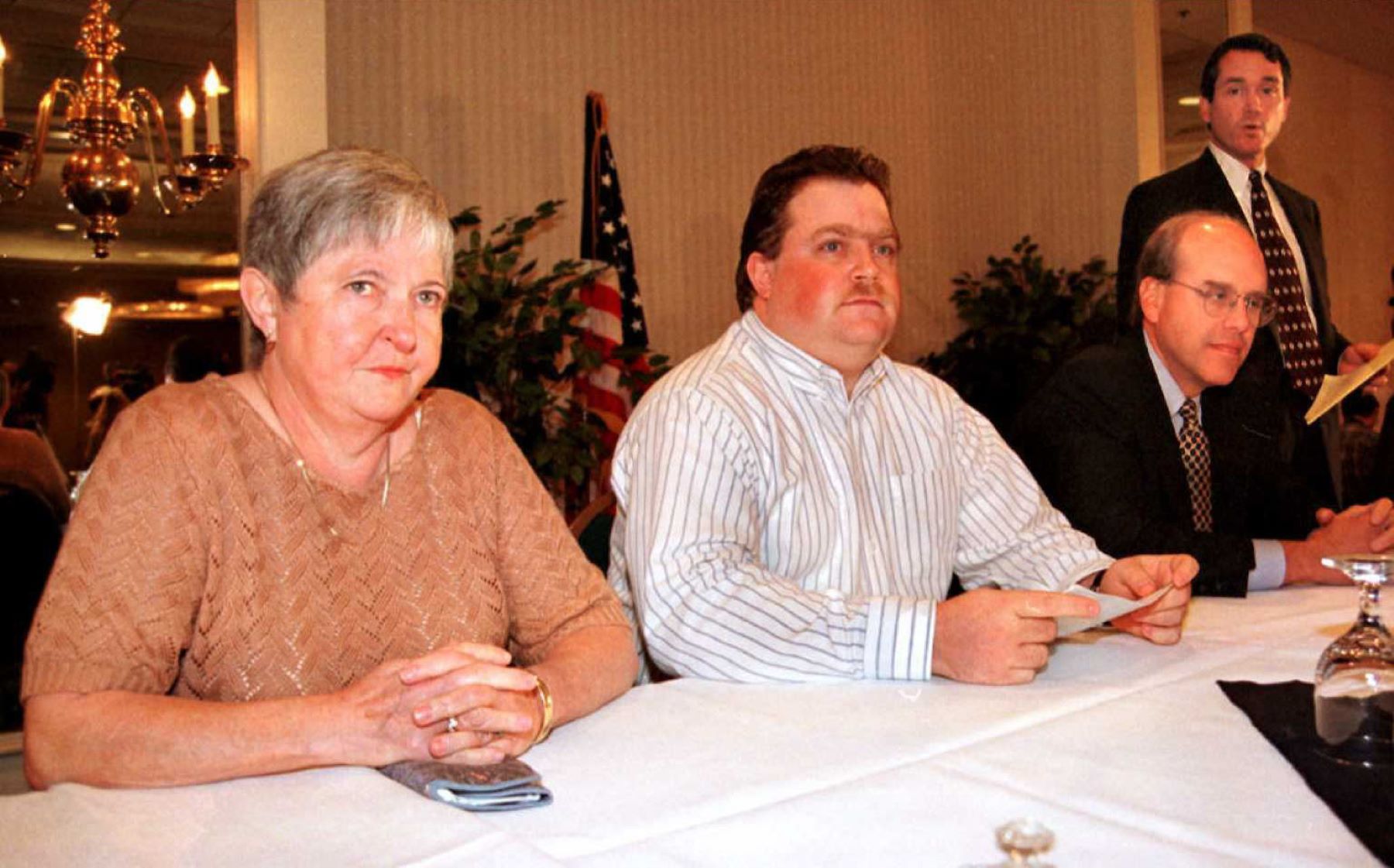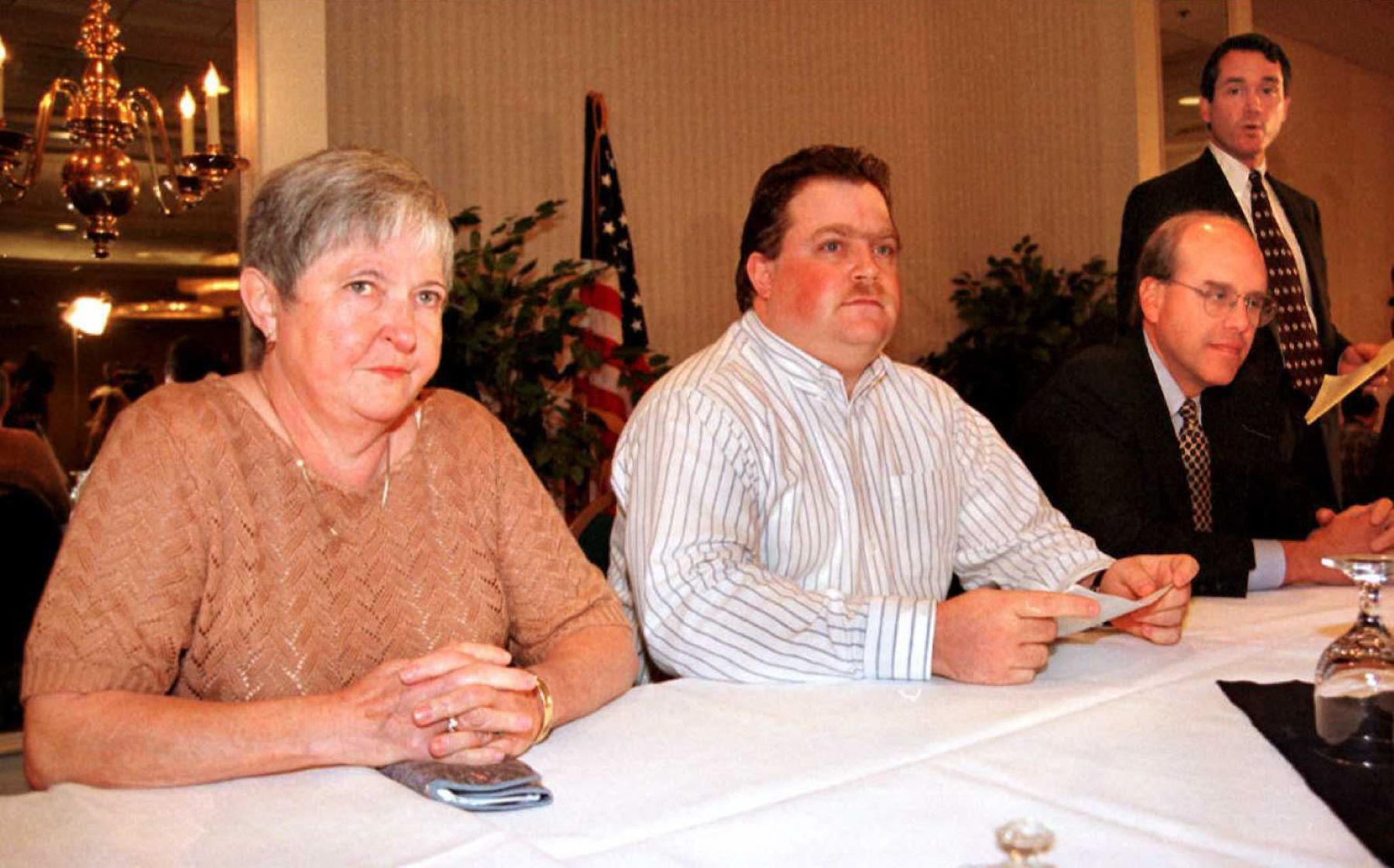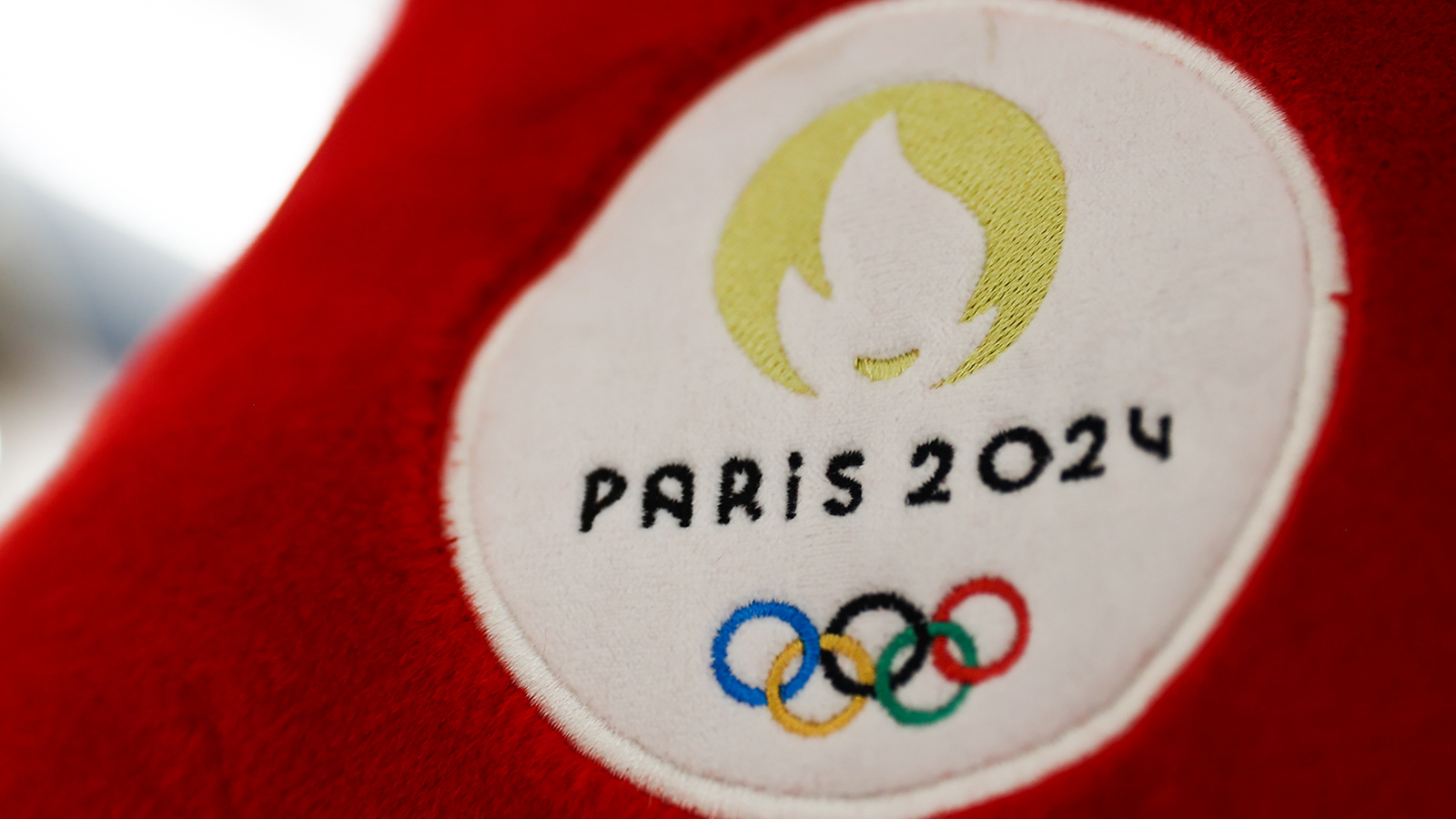
The Tragic Death of Richard Jewell, a Suspect in Atlanta’s 1996 Olympic Games Bombing
The 1996 Summer Olympics in Atlanta were supposed to be a memorable moment for security guard Richard Jewell. The hype for the games was huge. It was just the fourth time the Summer Olympics took place in the United States, and Jewell was there to have an up-close look at history. Instead, he found a backpack. Finding that backpack more than two decades ago should have turned Jewell into a hero. Instead, it began the most miserable 88 days of his life.
The 1996 Summer Olympics

The 1996 Summer Olympics took place from July 19 to Aug. 4, 1996. More than 10,000 athletes from around the world were ready to show their athleticism in 26 different sports. The opening ceremony was highlighted when former heavyweight boxing champion Muhammad Ali lit the Olympic cauldron.
It was a special event for the hosts. The United States shined in the medal count, collecting 101 medals. The U.S. captured 41 gold medals, with Russia following at 26. Germany finished second to the United States in overall medals with 65, while Russia was third at 63.
Individually, swimmer Amy Van Dyken became the first American woman to win four titles in a single Olympiad. Andre Agassi took charge in tennis by claiming the gold medal. His victory made him the first male to win the career Golden Slam. The Golden Slam consists of winning an Olympic gold medal and then winning each of the Australian Open, French Open, Wimbledon, and the U.S. Open.
Richard Jewell and the 1996 Centennial Olympic Park bombing
Eight days after the Olympic Games began in Atlanta’s Centennial Olympic Park in 1996, chaos ensued. Richard Jewell, working as a security guard at the Games, found a backpack containing three pipe bombs. Jewell quickly alerted authorities and helped evacuate the area before the bombs went off. One woman died on the scene, and a man later died of a heart attack. More than 100 others were hurt.
While Jewell saved many lives by helping clear the area, he was later questioned as a suspect. Jewell’s discovery of the backpack was 9 minutes before a 9-1-1 call was made to warn about an explosion. Shortly thereafter, the bombs exploded. For two days, Jewell was hailed a hero, but then, according to The Washington Post, a report in the Atlanta Journal-Constitution stated he was the focus of the investigation.
The Washington Post stated other media outlets portrayed Jewell as a loser and someone who may have planted the bomb himself to make himself look like a hero. For weeks, the media camped outside his home, and his life was thoroughly scrutinized. Then, 88 days after the initial report, Jewell was no longer a suspect. In 2003, Eric Rudolph, an anti-government extremist, confessed to planting those bombs and several others. He is serving life in prison.
The tragic death of Richard Jewell
Richard Jewell was 34 years when he was working security for the Summer Olympics. He never made it past 44. On Aug. 29, 2007, Jewell died. So, how did Richard Jewell die? According to The Washington Post, the autopsy showed he had severe heart disease and died of a heart attack. Jewell had diabetes and kidney problems, and diabetes reportedly played a role in the heart attack.
Although the cause of death was ruled a heart attack, Jewell’s mother, Bobi, said she believes there was more to it. She said he was never the same after the incident. Being accused of a serious crime he never committed took a toll on her son.
Around the time of the Richard Jewell release, a movie from Clint Eastwood documenting Jewell’s story, Bobi Jewell had an interview with ABC News where she said her son was affected significantly by the accusations. She believes the media scrutiny and his negative public image played a role in his death. “He was worn, torn, and tattered. He really was,” she said. “I think it killed him. I really do.”



